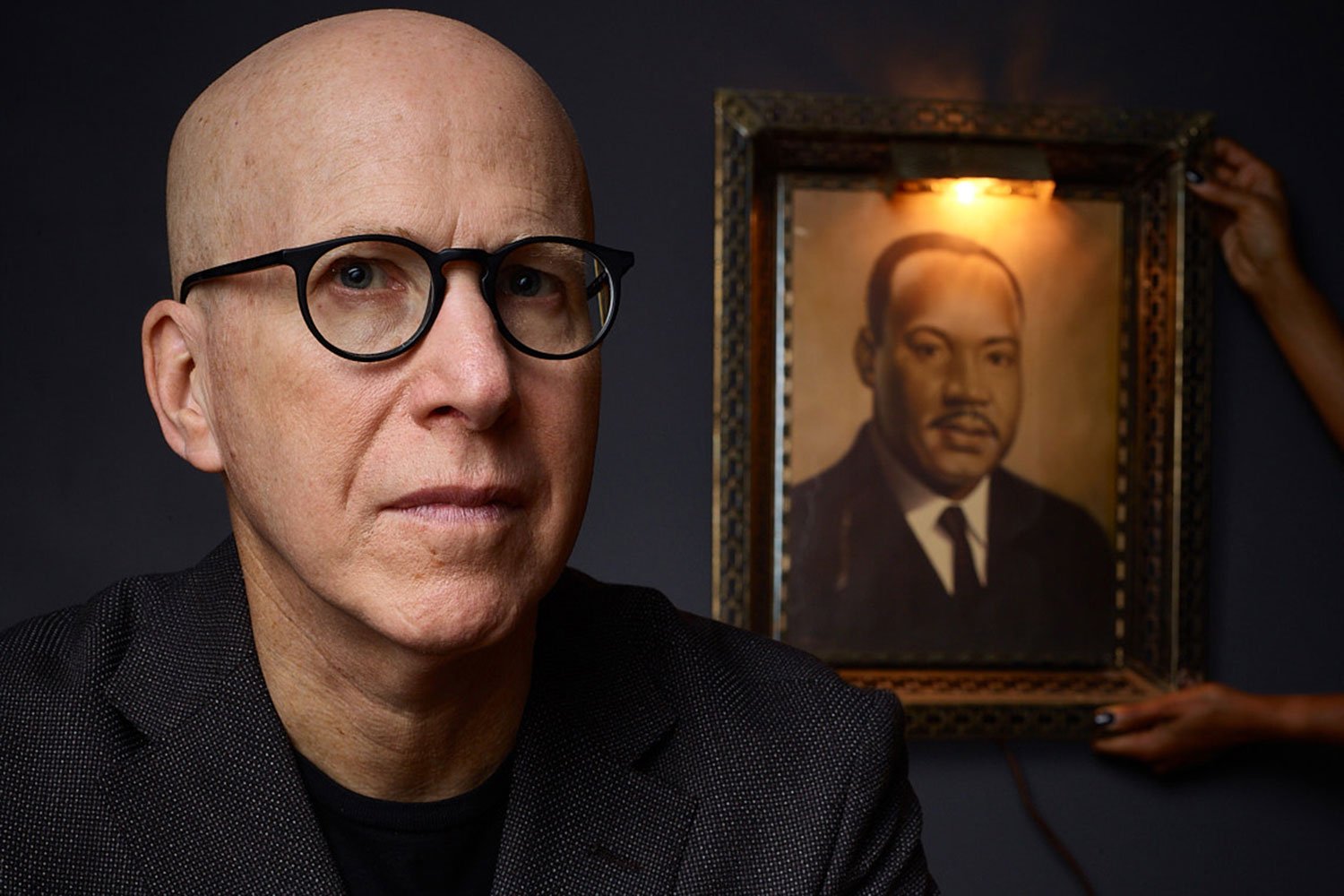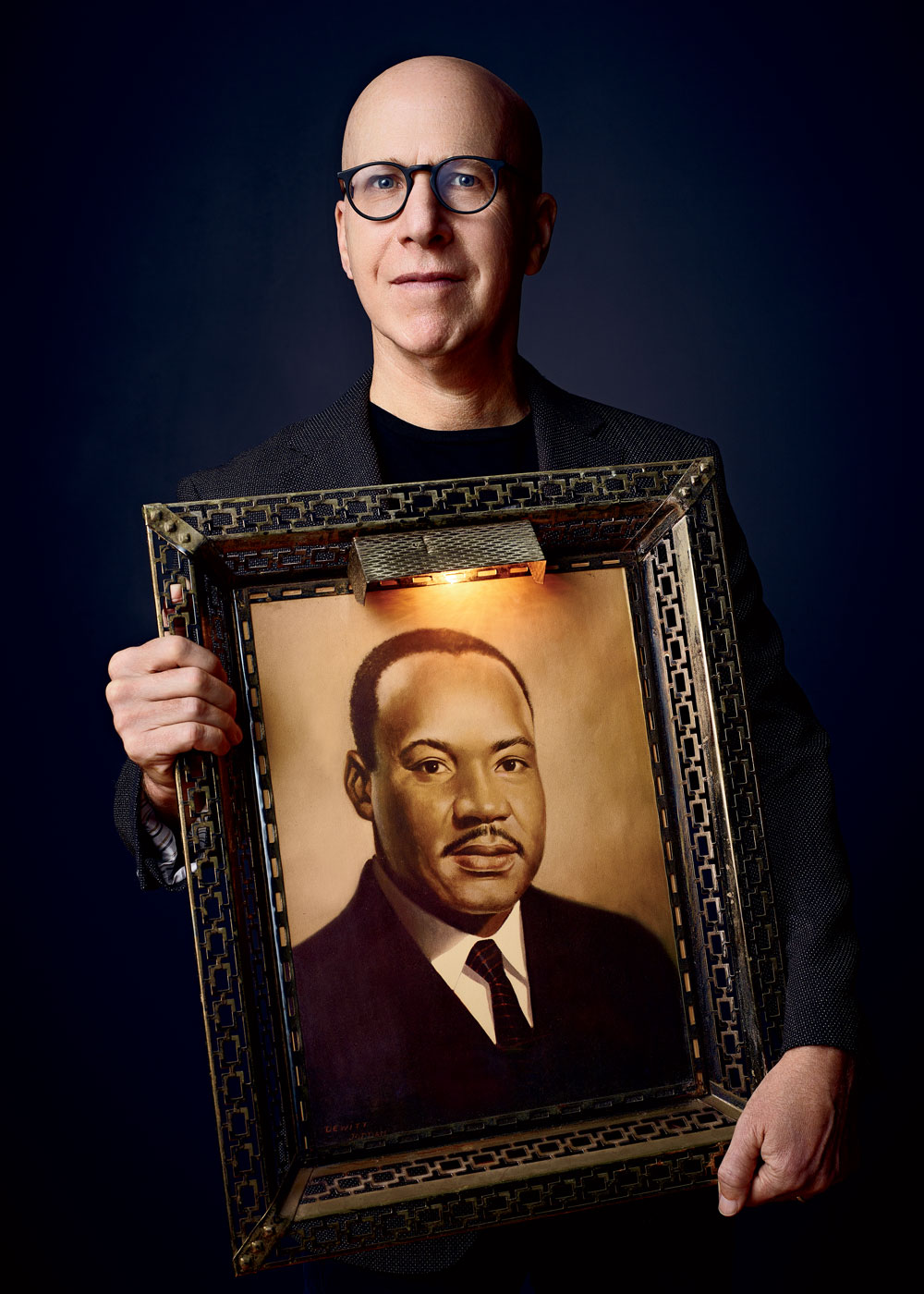When Jonathan Eig first told people he intended to write a biography of Martin Luther King Jr., the idea was met with, to put it gently, polite skepticism — even from his agent. “I had to convince him,” Eig recalls, “because there is this sense that we already know everything about King.” Eig has built a formidable literary career by overcoming such doubts, taking as subjects such well-documented figures as Muhammad Ali, Lou Gehrig, and Al Capone and turning their stories into highly lauded bestsellers packed with fresh insights and revelations, achievements that have earned him a reputation as one of the best biographers of his generation. Eig’s tome on the civil rights icon, King: A Life, was published in May and has garnered near-universal acclaim, including being longlisted for a National Book Award and optioned for a feature film with no less than Steven Spielberg as executive producer.
“There is this sense that we already know everything about King.”
What inspired Eig to take on such an ambitious project? “I was meeting people like Dick Gregory and Harry Belafonte and Jesse Jackson,” he says, “and they were telling me about King, and I became fascinated.” After some digging, he also discovered that more than 30 years had elapsed since the last major King biography, the Pulitzer Prize–winning Bearing the Cross: Martin Luther King, Jr., and the Southern Christian Leadership Conference by David J. Garrow (on which Eig acknowledges leaning heavily). The realization that those who knew King best might not be around for much longer stoked a sense of urgency. Then came the release of a massive number of White House telephone transcripts, FBI documents, letters, and oral histories that were declassified in 2019.
From there, Eig brought to bear his skill for prodigious reporting, his knack for rendering complex narratives in straightforward, clear-eyed prose, and his desire to humanize the man, flaws and all. Eig’s book also shows King to be more of a radical in his time than he gets credit for these days. “Society has turned him into this very safe figure,” Eig says. “We’ve forgotten how dangerous he was, but there were still people alive who knew it.” Eig’s book will help us start to remember.




